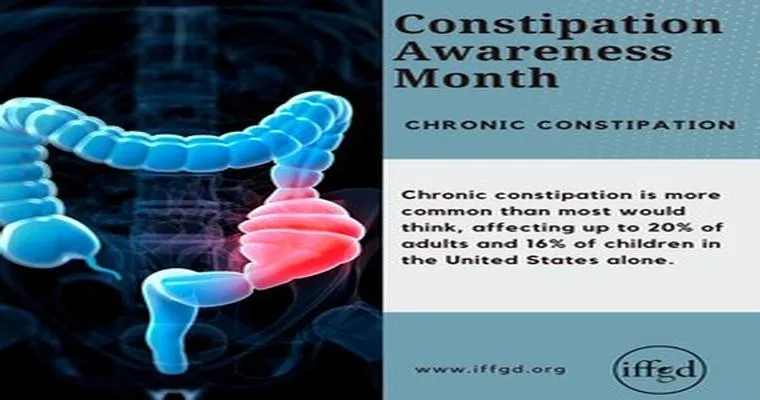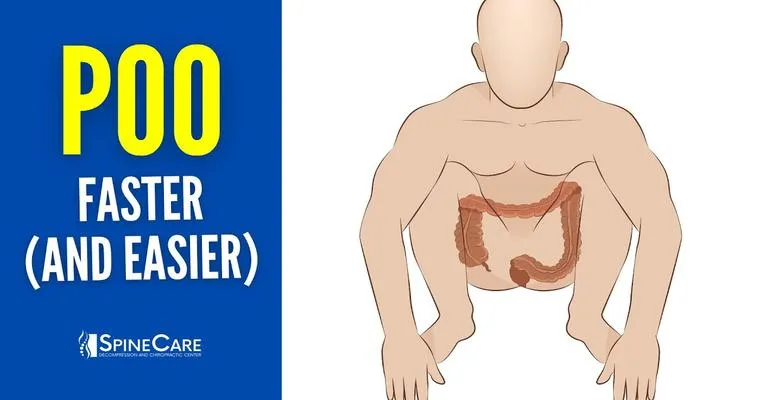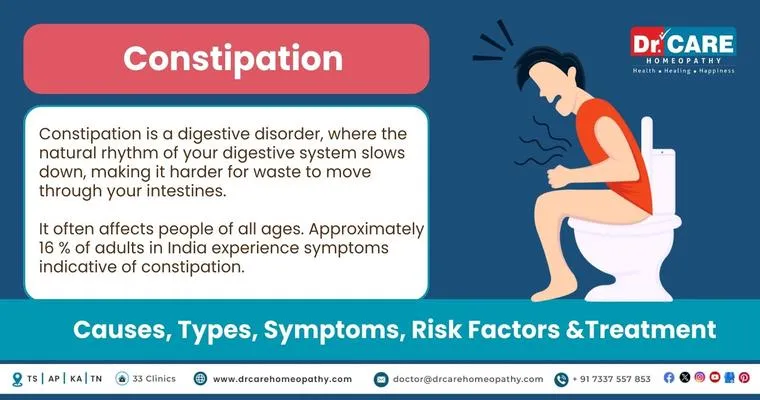Constipation obsession refers to an excessive preoccupation with bowel movements, particularly the frequency and consistency of stools. This condition can lead to significant "anxiety", discomfort, and even emotional distress for those who experience it. Many individuals may find themselves constantly searching for remedies, dietary changes, or lifestyle adjustments to alleviate their "constipation" woes. Understanding the underlying factors contributing to this obsession is crucial for developing effective coping strategies and promoting overall well-being.
Understanding Constipation
Constipation is commonly defined as having fewer than three bowel movements per week, accompanied by straining or discomfort during defecation. Various factors can contribute to constipation, including a diet low in "fiber", dehydration, lack of physical activity, and certain medications. In some cases, psychological factors such as stress and anxiety can exacerbate the situation, leading to an unhealthy fixation on bowel habits.
The Psychological Aspect of Constipation Obsession
Individuals with a "constipation obsession" often experience heightened levels of anxiety regarding their digestive health. This can lead to a cycle of worry where the fear of being constipated causes stress, which in turn can worsen the condition. This psychological component underscores the importance of addressing not just the physical aspects of constipation but also the emotional and mental health of the individual.
Coping Strategies for Constipation Obsession
1. "Dietary Changes": Increasing fiber intake through fruits, vegetables, and whole grains can promote regular bowel movements. Staying hydrated is also essential, as adequate water consumption helps soften stools.
2. "Regular Exercise": Engaging in physical activity can stimulate bowel function. A consistent exercise routine not only aids digestion but also helps reduce anxiety levels.
3. "Mindfulness and Relaxation Techniques": Practices such as meditation, yoga, and deep-breathing exercises can help alleviate the anxiety associated with constipation obsession. These techniques encourage a more positive mindset and can improve overall digestive health.
4. "Seeking Professional Help": If the obsession with constipation significantly impacts daily life, seeking guidance from a healthcare professional or mental health expert is advisable. They can provide tailored strategies and support to address both physical and psychological concerns.
Conclusion
Constipation obsession can significantly affect an individual's quality of life, but understanding the condition and its underlying factors can pave the way for effective management. By focusing on dietary improvements, physical activity, and emotional well-being, individuals can break free from the cycle of anxiety and discomfort associated with constipation. Remember, seeking help from professionals can provide additional resources and support for those struggling with this issue. Embracing a holistic approach will ultimately lead to better digestive health and overall happiness.





